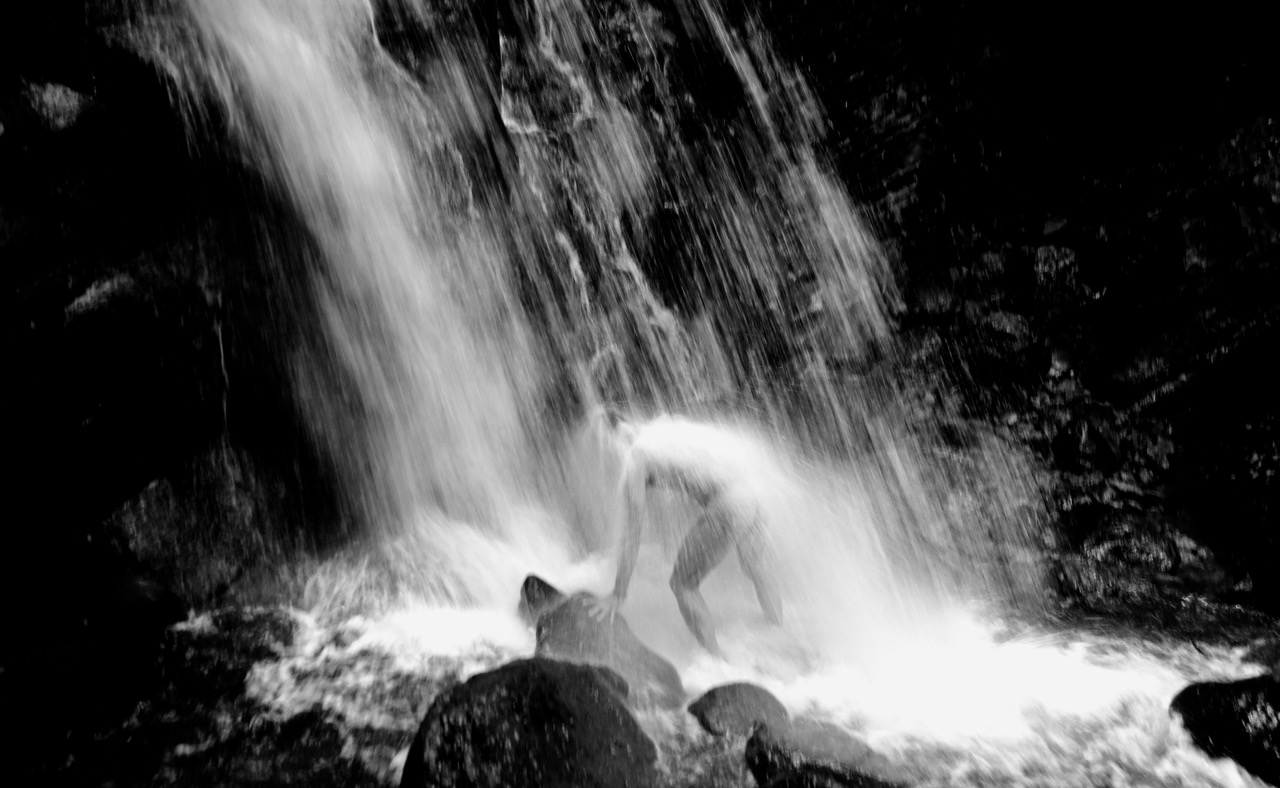Water and art – where is the wisdom? Whose is the power? Simon Wearne and Kumi Kato, based in Wakayama Prefecture, Japan will lead our final event in the Japan Water series.
A free on-line event via Zoom on Wednesday 28 July 11 – 13.00 hrs BST
Book on-line via Eventbrite here
Simon Wearne’s experience spans Australia and Japan. Trained as a designer, originally from Ballarat, Victoria, Australia, he has won many awards during his 38 years as a freelance cinematographer. Co-founder in 2004 of activist organisation, Environment Tasmania, he has a lot of experience of extraction and water stories.
“ In Australia people, animals and places, die from a lack of water. In Japan, as we saw in the Atami mudslide on July 4, people die from too much water. “
Both Simon and Kumi will discuss their environmental activism, – their field work and campaigning; their work with communities.
Recognising the value of indigenous knowledge
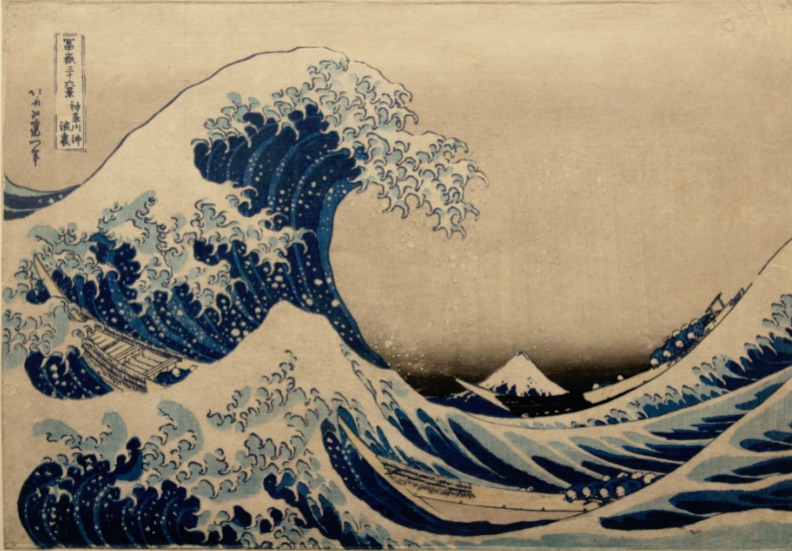
Simon and Kumi will discuss:
- Their shared deep scepticism about human technical arrogance in the face of nature.
- How essential it is for us to recognise the value of indigenous knowledge if we are to choose a sustainable future.
- That frequently peoples have been in peril precisely because they ignored long-held indigenous, wisdom and experience.
Art, community and environmental activism
They communicate through photography and film.
Building collaborative creative projects
We will hear about their wonderful and inspiring practice
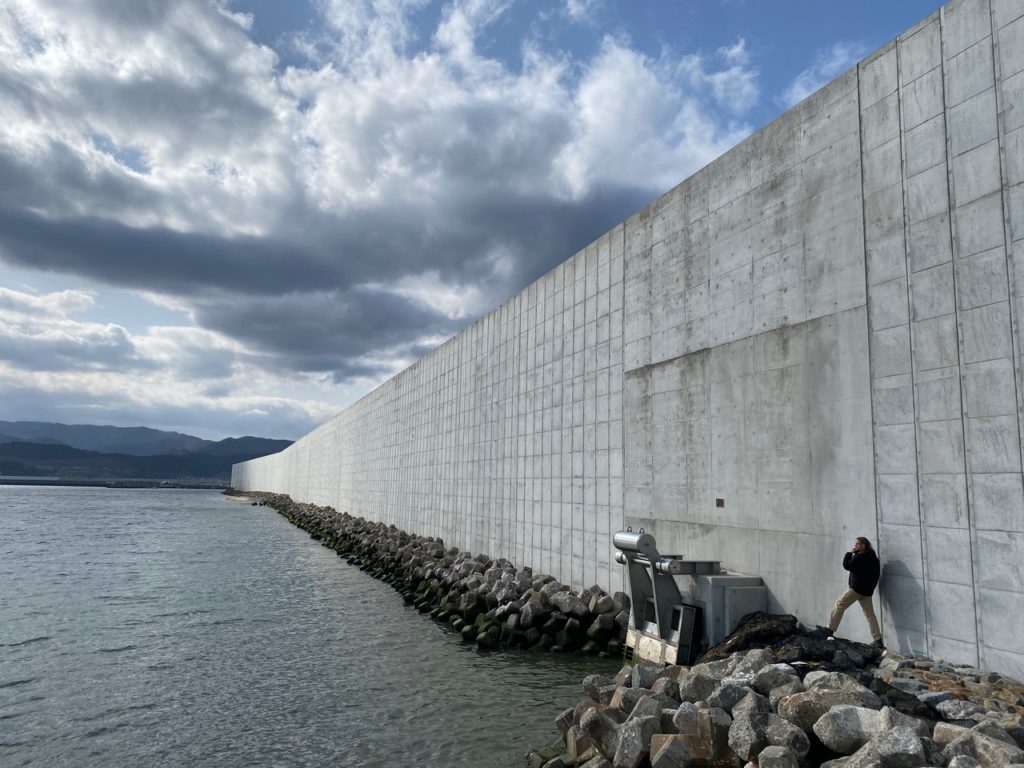
About Simon Wearne
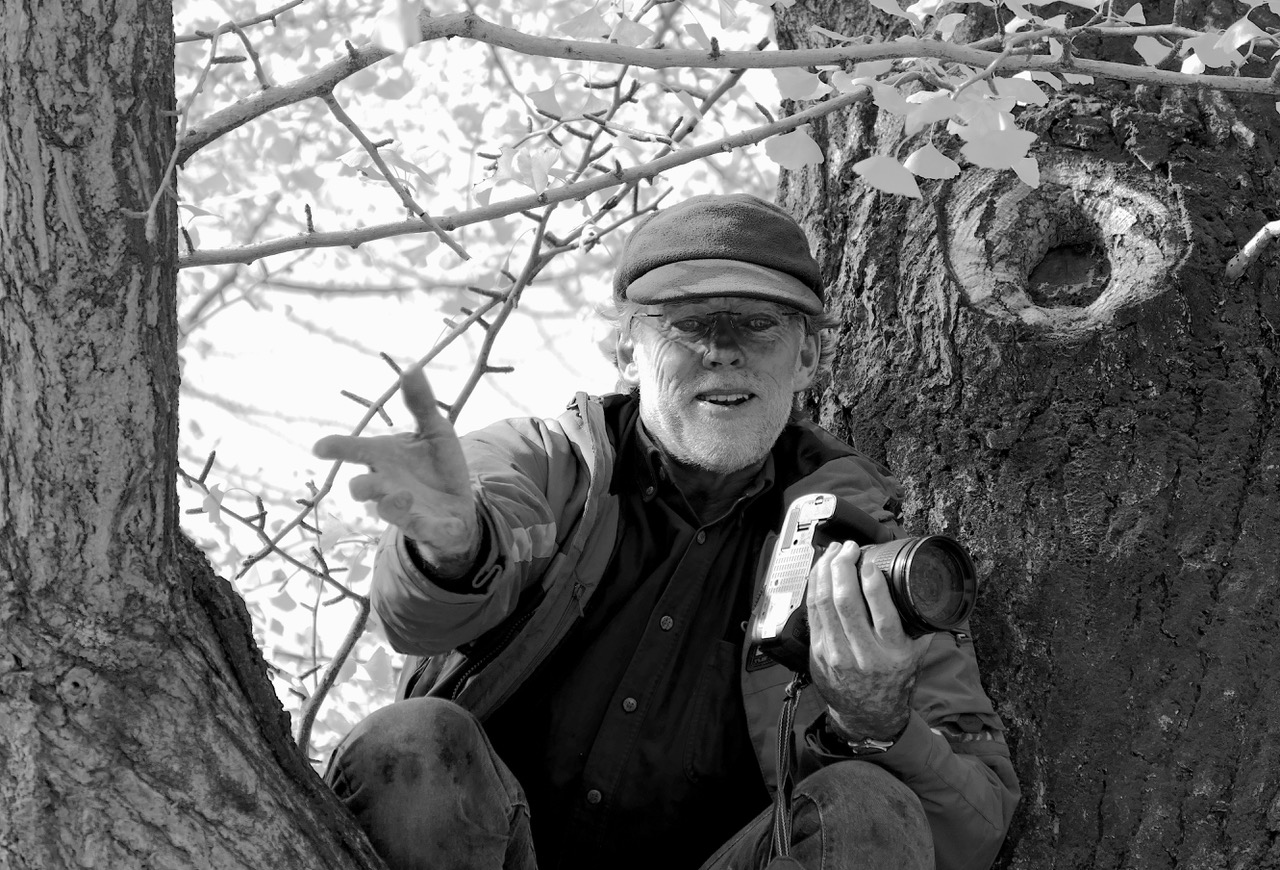
Simon has been a cinematographer for more than 40 years and been awarded for his work. He received an Emmy nomination for Outstanding Cinematography in the Non-Fiction Category for “Whale Wars” series one for Animal Planet in 2008. Simon was assistant professor in Tourism from 2013 to 2018 and is a PhD researcher.
Simon is the founding co-convenor of Environment Tasmania – 2004 and a co-founder of The Peter Hewitt Care For Africa Foundation 2005.
Since 2008 he has worked on an alternative activism project in the historic whaling town of Taiji. (publications on request)
Since 11-3-11 East Japan Earthquake, he has been involved in a post disaster response in Tohoku by Wakayama University and in 2014 in The Philippines with a Community Based Tourism project. He runs an environmental ethics and spirituality workshop with Prof Kumi Kato on the Kumano Kodo annually since 2011.
Ongoing research activities with a variety of Universities in Japan and overseas are focused on Sustainable Tourism, Dark Tourism, Cultural Heritage and Environmental Protection and Education for Internationalisation.
About Kumi Kato
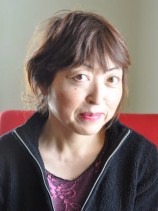
Kumi Kato is Professor of Environmental Studies in Wakayama University Tourism Studies and at a Buddhist university in Tokyo. Kumi taught at the University of Queensland in Australia for 24 years. Working across art, performance and community, she installed traditional Japanese water harps deep in Tasmanian forests. She has written on sound environments, sense of place, intangible cultural heritage and the ama women divers of Japan. Currently she is supporting the artistic cultivations of farmers, dancers, blacksmiths, painters, and fishermen in and around Fukushima, Japan. She is also collaborating with the spiritual and municipal leaders at the UNESCO World Heritage Site that includes Nachi Waterfall, the tallest and most auspicious in Japan, if not the entire world. She holds the prized Dual Pilgrim Credential for Kumano Kodo Japan and the Camino del Santiago.
Kumi Kato’s publications
Creativity and Criticality for Sustainability as a principle, empowering communities through sustainable tourism is her mission. Works include: Kato, K. (2019). Gender and Sustainability – exploring ways of knowing: an ecohumanities perspective, Journal of Sustainable Tourism, Vol. 27(7), 939-956; Sharpley, R., & Kato, K. (2020). Tourism development in Japan. Routledge; Kato, K. (2015). Australia’s whaling discourse: global norm, green consciousness and identity, Journal of Australian Studies, Vol. 39 (4), 477-493 (John Barrett Award for Best Paper). Many of her works have led to creative projects: Waiting for the Tide (ABC Radio, https://www.abc.net.au/radionational/programs/world-docos/working-in-water/12240026), Fukushima: In search of New lights (https://www.mirainomatsuri-fukushima.jp/20190806-2021.html), Sound Garden (https://www.uq.edu.au/news/article/2009/01/eco-art-opens-roma-street-parkland). She currently leads a national project to implement Japan Sustainable Tourism Standard for Destinations (Japan Tourism Agency).

